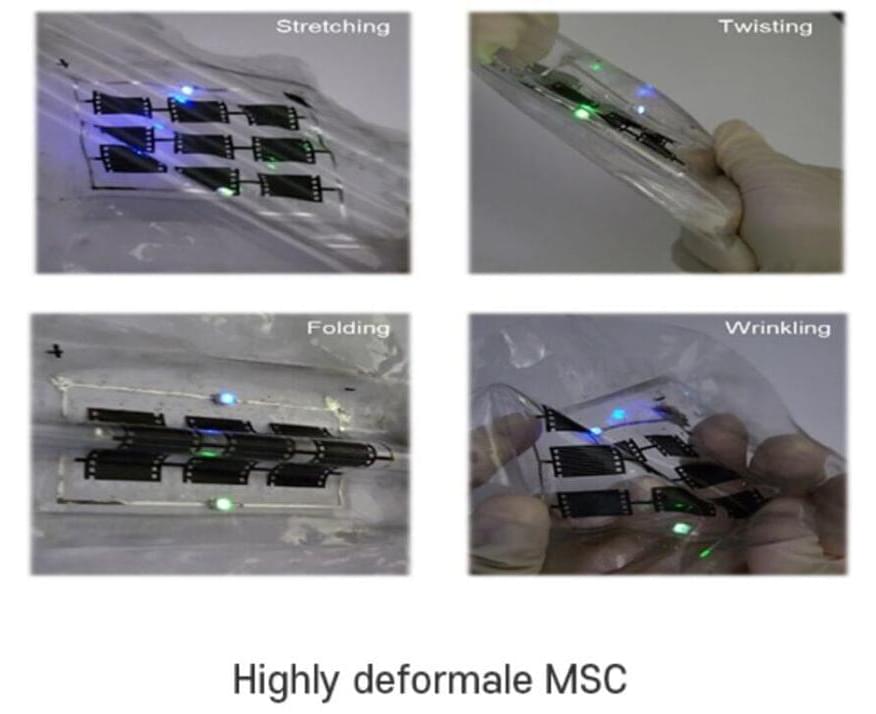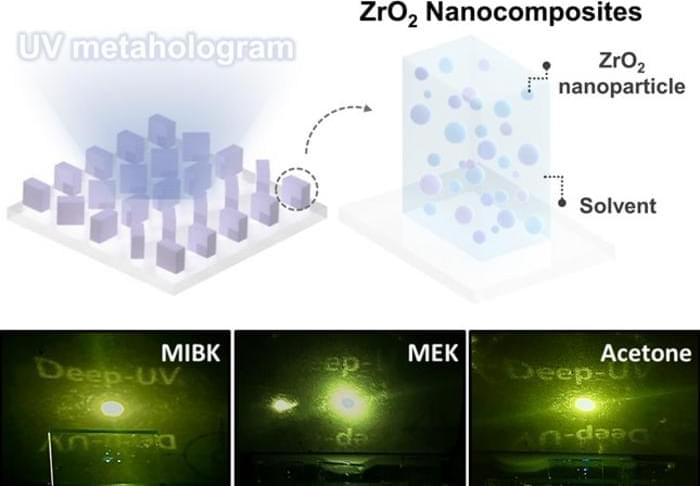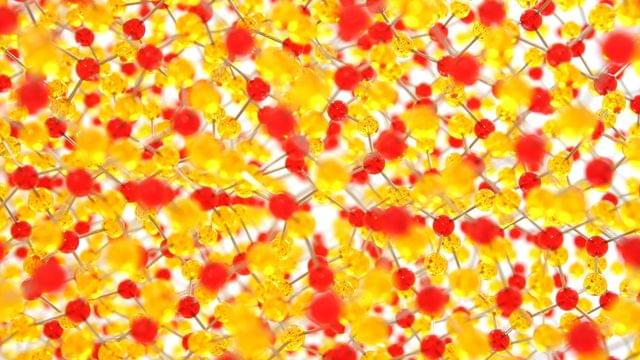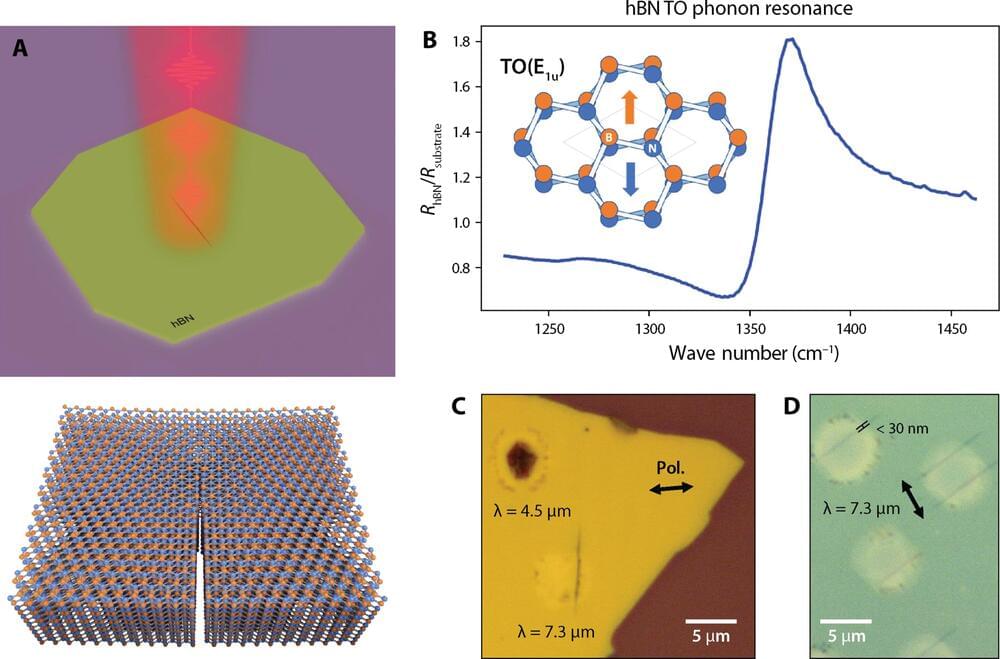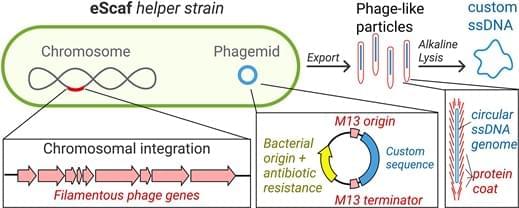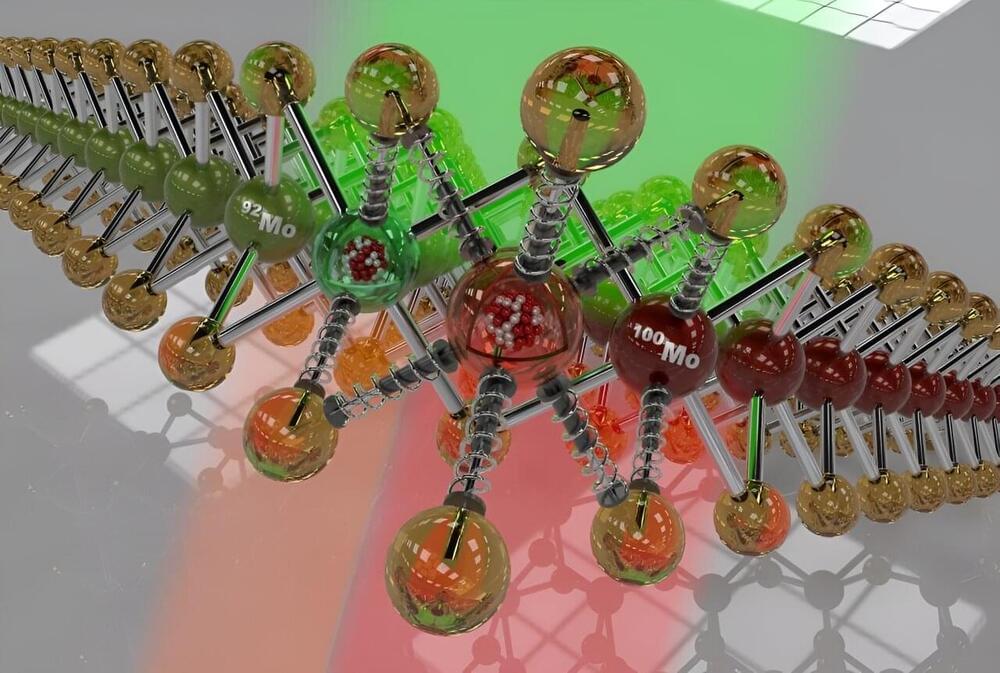Scientists use laser ablation technology to develop a deformable micro-supercapacitor. Professor Jin Kon Kim and Dr. Keon-Woo Kim from the Department of Chemical Engineering at Pohang University of Science and Technology (POSTECH), in collaboration with Dr. Chanwoo Yang and Researcher Seong Ju Park from the Korea Institute of Industrial Technology (KITECH), have achieved a significant breakthrough in developing a small-scale energy storage device capable of stretching, twisting, folding, and wrinkling. Their research has been published in the electronic engineering journal, npj Flexible Electronics.
The advent of wearable technology has brought with it a pressing need for energy storage solutions that can keep pace with the flexibility and stretchability of soft electronic devices.
Micro supercapacitors (MSCs) have emerged as a promising candidate for deformable energy storage, due to high-power density, rapid charging, and long cycle life.
